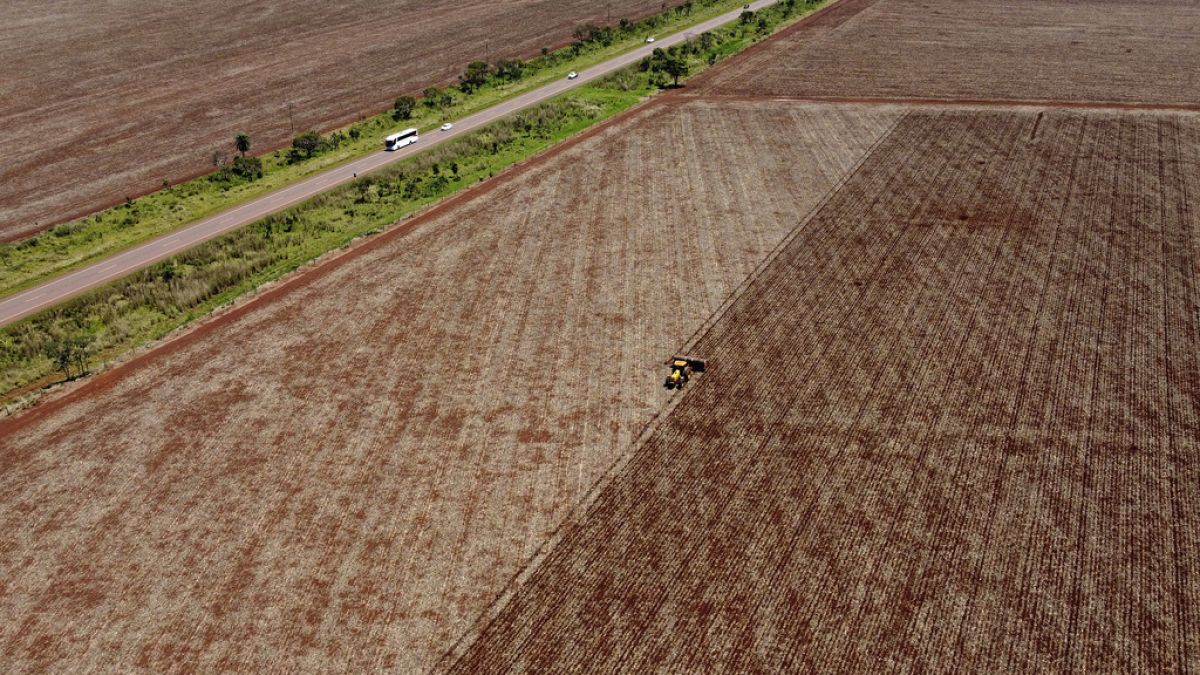The European Union’s proposed free trade agreement with Mercosur, a trading bloc comprising five Latin American countries, has sparked controversy among farmers. Negotiated since 1999, the agreement could be finalized at the upcoming G20 summit in Brazil. European farmers demonstrated in Brussels against the agreement, arguing that it would create unfair competition for European agriculture. Opponents fear that cheaper imports from Mercosur countries could drive prices down, jeopardizing small producers who are already facing challenges like weather fluctuations and diseases affecting livestock.
Critics of the agreement also express concerns about social, health, and environmental consequences. They fear that increased trade with Mercosur countries could lead to deforestation for livestock farming and the importation of products containing pesticides banned in the EU. French MEP Manon Aubry warns of the health risks associated with importing products produced under different standards. Belgian MEP Benoît Cassart calls for the inclusion of “mirror clauses” in the agreement to prevent actions that could harm biodiversity or circumvent EU regulations aimed at protecting the environment.
Proponents of the EU-Mercosur agreement argue that it aims to boost trade between the two regions by eliminating trade barriers and harmonizing regulations. They believe that the agreement would provide European businesses, including farmers and service providers, access to a market of 720 million consumers. Spanish MEP Javier Moreno Sánchez emphasizes the potential economic benefits of expanding trade with South American economies, particularly in light of global geopolitical developments such as Russia’s actions in Ukraine and China’s market ambitions. However, the disagreement among Member States, with some advocating for the agreement and others expressing opposition, highlights the complex nature of EU decision-making on trade issues.
The EU’s decision on whether to move forward with the agreement will have significant implications for the future of trade relations between the EU and Mercosur countries. While some countries like Germany, Spain, and Italy support the agreement, others like France, Poland, and Austria are resistant. The EU must navigate this internal division and respond to concerns raised by various stakeholders, including farmers and environmental activists, as it balances economic interests with social and environmental considerations. The outcome of this debate will shape the EU’s approach to international trade and its commitment to sustainability and the protection of European farmers in a rapidly changing global landscape.











